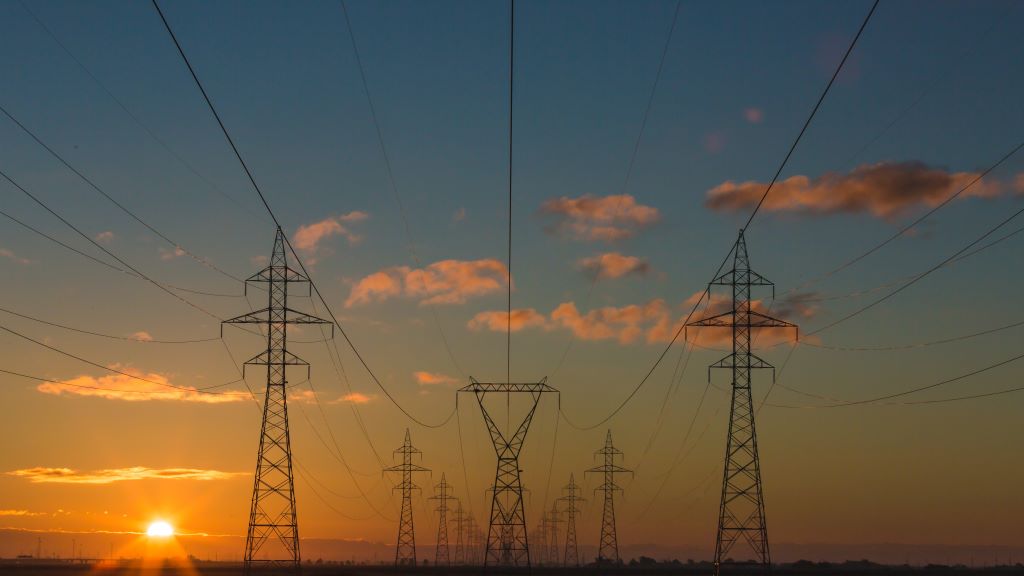
IESE Insight
Former Spanish prime ministers Gonzalez and Aznar call for consensus on energy
Felipe Gonzalez and Jose Maria Aznar encourage investment and a stable regulatory framework to guarantee the future energy supply.
Ensuring future energy supply is set to be a major concern in the coming months. There are two major factors that will determine whether governments are able to deliver:
- finding a balance between incentivizing and regulating the energy sector, while ensuring continued public-private collaboration; and
- launching a strategic debate to reach consensus on a realistic roadmap.
These were the takeaways IESE’s Nuria Mas found in a talk by two former Spanish prime ministers. Felipe Gonzalez, of the Socialist Workers’ Party (PSOE), and Jose Maria Aznar, of the conservative People’s Party (PP), spoke at the 12th edition of Energy Prospectives, organized by IESE and Naturgy Foundation to discuss long-term economic, technical and scientific conditions for the energy sector.
Energy and geopolitics
Felipe Gonzalez, prime minister from 1982-1996, finds “geopolitical risk is higher today than ever before.” The impact of geopolitics on energy has never been so profound. Looking back, previous energy shocks, although harsh, “did not have the complexity we are facing today.”
The end of the Cold War in 1991 represented a change in the world order, and “the decision to help the Russian Federation was part of a desire to rebalance the situation,” he recalls. Bloc politics was coming to an end, and it was too early to gauge the power that would emerge from China, which at the time was still considered the world’s factory.
But geopolitics has changed a lot in the last four years. For Gonzalez, “there is a completely new and changing world order, not yet fully established,” with China emerging as a new major power.
The way in which the world observes the war in Ukraine is also illustrative. The Eurocentric view clashes with that of other parts of the world, such as India, which do not consider conflicts in Europe as more important than those happening elsewhere, Gonzalez warns.
Jose Maria Aznar, prime minister from 1996-2004, finds the Ukraine conflict reminiscent of the Korean War of the early 1950s, which put the United States and Russia at loggerheads, much as the incumbent U.S. and the emerging China are now.
The emerging powers would do well to consider when enough is enough, suggests Aznar. For China, defying the United States may be a big mistake, however much the latter is economically dependent on the former. Gonzalez agrees, pointing out that the United States is in a much stronger position now with China than in the past.
For Europe to become a third bloc in this new world order, Aznar explains, it needs to grow as a military, as a strategic and as an economic power. Like an old-age pensioner, the Old Continent is more focused on watching its step so as not to fall, rather than looking ahead to see what’s on the horizon.
The green transition and the COP21 Paris goals
Although everyone understands the need for a new economic model to tackle climate change, Gonzalez asks if it’s “realistic to ask China and India to write off their coal plants? Who, meanwhile, is going to pay for the green hydrogen that looks so promising?” The war in Ukraine propels us into a world of contradictions: accelerating the green transition must be balanced against guaranteeing energy supply.
According to Aznar, the path to decarbonization and renewables is desirable, but the deadlines are unfeasible, as is relying on reducing consumption. He warns against over-regulation and advocates for a balance between “uncontrolled deregulation” and “limitless interventionism.”
Both former politicians agree that the goals agreed at the COP21 in Paris for 2030 and 2050 are aspirational but difficult to achieve. The question is what is to be done: if agreements can be reached, all the better to encourage investment; if they cannot, are we going to apply sanctions left, right and center?
They suggest that the United States has taken the right energy policy approach, implementing incentives that reward those who invest locally. The EU, in contrast, has opted for sanctions and, when it offers aid, fails to tie it to initiatives to localize manufacturing.
All this takes place in a context of constant regulatory changes. “We need to make efforts to guarantee legal clarity,” says Aznar. As an example, Gonzalez highlights the debate around nuclear energy: “Are we going to ban it or expand it? How can a manager make good decisions if regulations are constantly changing?”
Finding common ground in the new world order
Energy security depends on reaching consensus. That requires political actors working together to find common ground. Recent examples of populism are detrimental: In Gonzalez’s eyes, they “propose simple solutions to complex problems and look for scapegoats when those solutions inevitably fail.”
That means the U.S. must put an end to unprecedented polarization. Europe, for its part, must deal with the different energy mix of each country and the lack of means to enforce a coordinated energy policy. Everywhere, public and private sectors working in harmony will be instrumental to success.
The large blocs that make up the new world order must aim for mutual understanding. The U.S. has embarked on a process of reindustrialization, but with Taiwan manufacturing over 60% of semiconductors, and the West dependent on China, Taiwan and other regions for rare minerals, global cooperation is as important as ever. Any investor wanting to install photovoltaic panels in the U.S. will need supplies from China. The relationship going forward must be founded on coexistence, rather than confrontation.
